

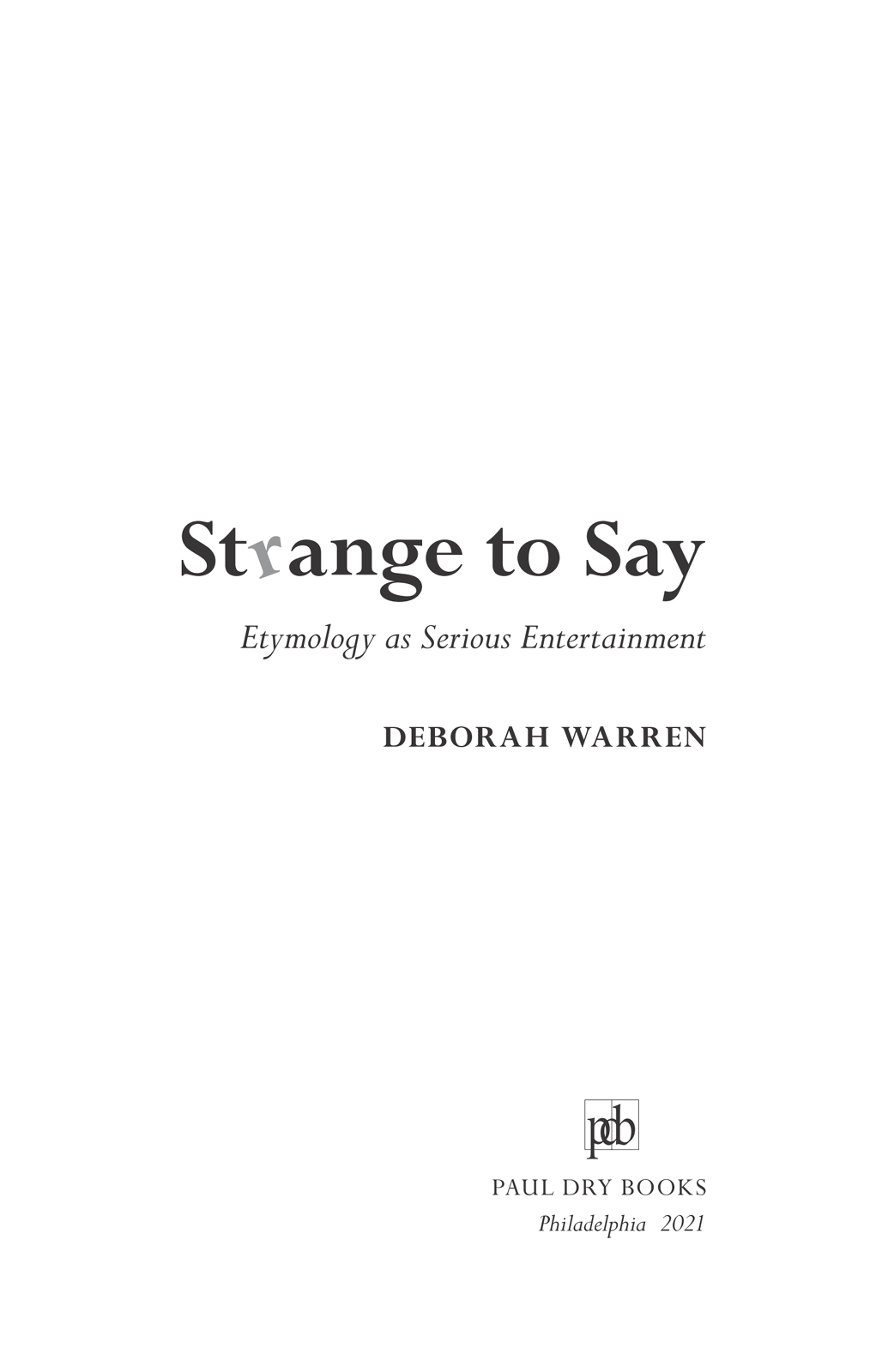
First Paul Dry Books Edition, 2021
Paul Dry Books, Inc.
Philadelphia, Pennsylvania
www.pauldrybooks.com
Copyright 2021 Deborah Warren
All rights reserved.
ISBN 978-1-58988-157-0
Printed in the United States of America
Library of Congress Control Number: 2021942497
I dedicate this book to Rhina Espaillat with love, gratitude, and her own words: Mundo Y Palabra / The World and the Word
Contents
Y ou dont have to read this book straight through. Open it anywhere and dip into a couple of pages. Virgil fans used this technique with the Aeneid, landing haphazardly on a verse they could interpret as prophecy or advice. People did the same with the Bible a few centuries later. (The millennia have come up with some strange methods for getting intel on the future; I personally would choose margaritomancydivination by bouncing pearls.) Not that this book is one hundred percent comparable in stature to the Aeneid or the Bible.
Etymology = evolution: language is all about mutation. Like evolution, this book has no agendabecause who knows where any word is headed? And, like evolution, I occasionally meander etymologically (the Meander being a looping Turkish river). As with evolution of living organisms (which they are), words, without design or purpose or end-goal, ooze along like blind amoebae.
You might not care about Syphilis the shepherd boy, or the number of calories burnt by laughter, or the Worshipful Company of Security Professionals, or where we get biscuits, bagels, clairs, and other hand-helds, or the demented mondegreens and malapropisms that dont get into our permanent lexical DNA. But, speaking of pearls, words are jewelslittle things that delight: the word jewel derives from Latin iocus (joke or play). Later on, jocus produced Italian gioia (joy) and gioiello (jewel). Indeed, propos of valuables, a language is a treasury (from Greek thesaurus).
And propos of treasure, etymology is a gold-mine of slip-ups that do settle into our verbal genes. Take Cinderellas glass slippers. In the original tale, they were made of vair (fur)which in the orally-told story mistakenly turned into the homonym verre (glass), which is what stuck, as a nice bonus feature of the fairy tale.
B esides the double helix in your chromosomesyour personal mess of nucleotides, saccharides and phosphatesyou inherited an insubstantial third strand from a parallel genome: language.
As with genes, however, no sooner do we inherit a word than it changes:
 For Lack of a Better Word: Maybe it designates something new in terms of something that already existslike horsepower, the work done by one horse (which, as you know, is 550 foot-pounds/sec). Or dumbwaiter, which one company had to rename service lift after complaints that dumb-waiter was derogatory. Or the gym dumbbell, a handbell-shaped thing that doesnt ring. Or printing something from your laptop: print literally meant to imprint or press, and theres none of that going on with your LaserJet.
For Lack of a Better Word: Maybe it designates something new in terms of something that already existslike horsepower, the work done by one horse (which, as you know, is 550 foot-pounds/sec). Or dumbwaiter, which one company had to rename service lift after complaints that dumb-waiter was derogatory. Or the gym dumbbell, a handbell-shaped thing that doesnt ring. Or printing something from your laptop: print literally meant to imprint or press, and theres none of that going on with your LaserJet.
 Say No More: Maybe a word (candlepower, say) coexists with a new rival only temporarily, pretty much petering out when its no longer the top option, like Neanderthal man, who lived for a while alongside modern humans. The International System of Units defines one candlepower, though obsolete, as 0.981 candelas. If some sort of nostalgia prompts you to use it, a candela is luminous intensity, in a given direction, of a source that emits monochromatic radiation of frequency 540 1012 Hz and that has a radiant intensity in that direction of 1/683 watt per steradian.
Say No More: Maybe a word (candlepower, say) coexists with a new rival only temporarily, pretty much petering out when its no longer the top option, like Neanderthal man, who lived for a while alongside modern humans. The International System of Units defines one candlepower, though obsolete, as 0.981 candelas. If some sort of nostalgia prompts you to use it, a candela is luminous intensity, in a given direction, of a source that emits monochromatic radiation of frequency 540 1012 Hz and that has a radiant intensity in that direction of 1/683 watt per steradian.
 Spreading the Word: Or maybe a word gradually diverges across isolated groups, the way Darwins species of finches evolved differently on separate islands. Thus when the Roman Empire fizzled out, it left behind, in its various provinces, Latin that split into diverse Romance languages, isolated by circumstances like mountains and lack of dissemination by communications media.
Spreading the Word: Or maybe a word gradually diverges across isolated groups, the way Darwins species of finches evolved differently on separate islands. Thus when the Roman Empire fizzled out, it left behind, in its various provinces, Latin that split into diverse Romance languages, isolated by circumstances like mountains and lack of dissemination by communications media.
Changing words evolved into cognates of each otheretymological cousins with a common ancestry. In each region they gradually coalesced into a vernacular: native language (from verna, domestic-born slave).
Example: While English is constipated with consonants (a legacy of Anglo-Saxon), the lazy French tongue transformed Latin into more fluid sounds. Any time the French didnt have enough to do, they passed the time by throwing another silent e into a word. Just kidding; their mute e came from Latins inflected endings. But its largely that characteristic that makes their syllables flow smoothly where ours are often relatively thick and lumpy.
 Slip of the Tongue: Or maybe a mutation starts with an error of the ear. The deranged mondegreens and mal a prop-isms mentioned above are one-offs that never go genetic.
Slip of the Tongue: Or maybe a mutation starts with an error of the ear. The deranged mondegreens and mal a prop-isms mentioned above are one-offs that never go genetic.
Youre already thinking of ways where the gene conceit breaks down, but we wont leave it before three sentences on DNA. Your personal recipe has one ingredient: deoxyribose nucleic acid. We get ribose from arabinosegum arabic, an Arabian plant-sap. We get nucleus from nux, nut or kernel. We get acid from oxys, sharp or bitter.
And now we draw a veil over any actual hard science.
F irst, a word about the word English. England and angler (as in fishing) share a common source: fish-hook. The Angle people were natives of Angeln, the hook-shaped Danish peninsula; they kept invading fifth-century England until it became Angle-land. (The story goes that around 600 a.d., Pope Gregory I, seeing some golden-haired Angle slaves, allegedly punned: not Angles but angelsangelus, messenger/angel.) The Angles and Saxons gave us forty percent of our words. Latin indirectly gave us most of the rest.
Well get specific in the third chapter, but first a synopsis of Britains linguistic heritageprobably already familiar to you:
Before the Roman Empire unraveled, Saint The Rock Peter had christened the Eternal City as the go-to place; all roads led to Rome. But by the early fifth century, the Romans had quit Britain. Even during Roman occupation, rustics in their wattle-and-daub huts had tilled and toiled on, largely ignorant of Roman garrisons. Never exposed to Latin, they went on speaking what theyd inherited from Celts and early Norse settlers. Then, unlike the Roman soldiery, the Angles and various Saxon tribes who overran England mingled with the locals, who increasingly spoke Anglo-Saxon, also known as Old English.
As an aside on Peter as rock: during the Gold Rush, a vein of ore
Next page
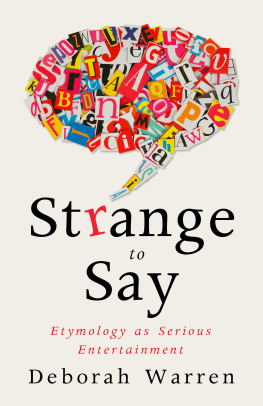
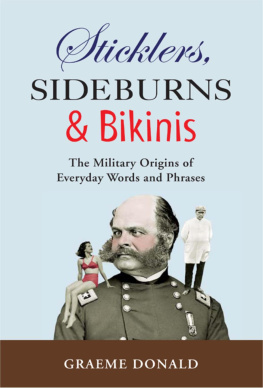



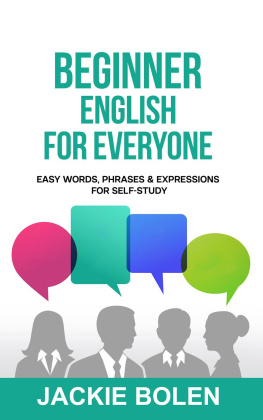


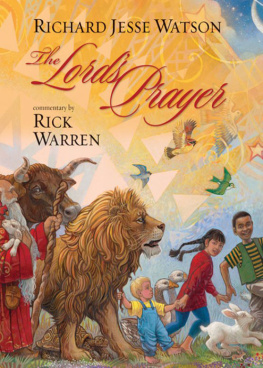
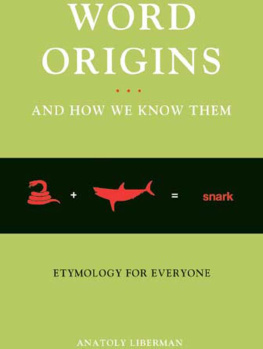
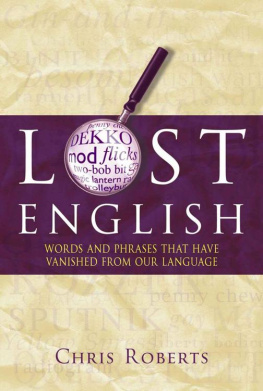



 For Lack of a Better Word: Maybe it designates something new in terms of something that already existslike horsepower, the work done by one horse (which, as you know, is 550 foot-pounds/sec). Or dumbwaiter, which one company had to rename service lift after complaints that dumb-waiter was derogatory. Or the gym dumbbell, a handbell-shaped thing that doesnt ring. Or printing something from your laptop: print literally meant to imprint or press, and theres none of that going on with your LaserJet.
For Lack of a Better Word: Maybe it designates something new in terms of something that already existslike horsepower, the work done by one horse (which, as you know, is 550 foot-pounds/sec). Or dumbwaiter, which one company had to rename service lift after complaints that dumb-waiter was derogatory. Or the gym dumbbell, a handbell-shaped thing that doesnt ring. Or printing something from your laptop: print literally meant to imprint or press, and theres none of that going on with your LaserJet.